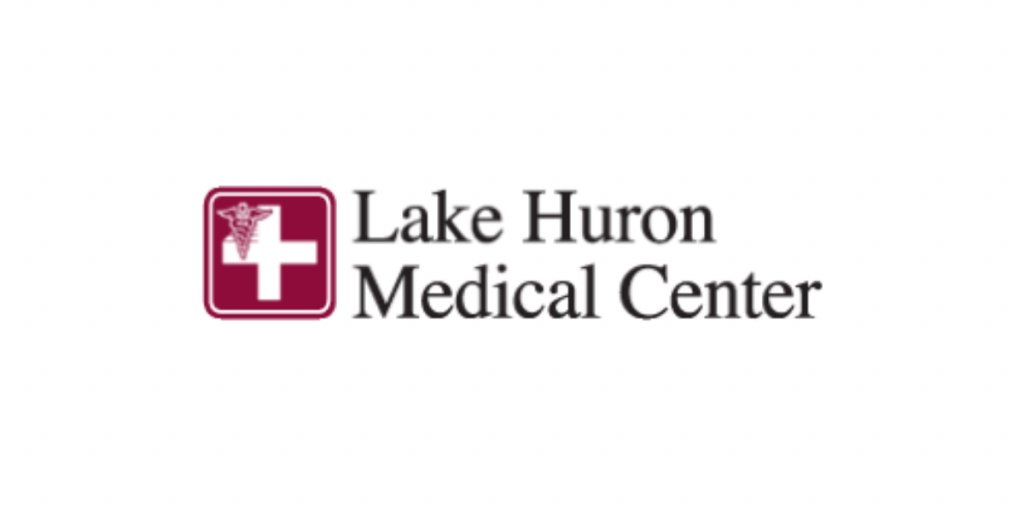Port Huron Museums Reopens All Sites Along With New Exhibit Announcement
Port Huron Museums provides the Blue Water Area with a variety of facilities and exhibits that share the rich history of the local area, as well as celebrating the creators and leaders in our community.
They are reopening all of their satellite facilities to the public for the 2023 season, which include the HURON Lightship, Thomas Edison Depot, and Fort Gratiot Light Station.
Last year Port Huron Museums offered its guests free admission at all of their sites made possible through grant funding from the City of Port Huron. This year, they will be returning to the paid admissions model, with rates that have remained unchanged since 2016.
There are also new exhibits on the way which include Portraits of Port Huron, and Take Care with Peanuts.
If you would like to find out more about these new exhibits, or other information, visit: phmuseum.org.
Reporting for WGRT – Choze Powell







